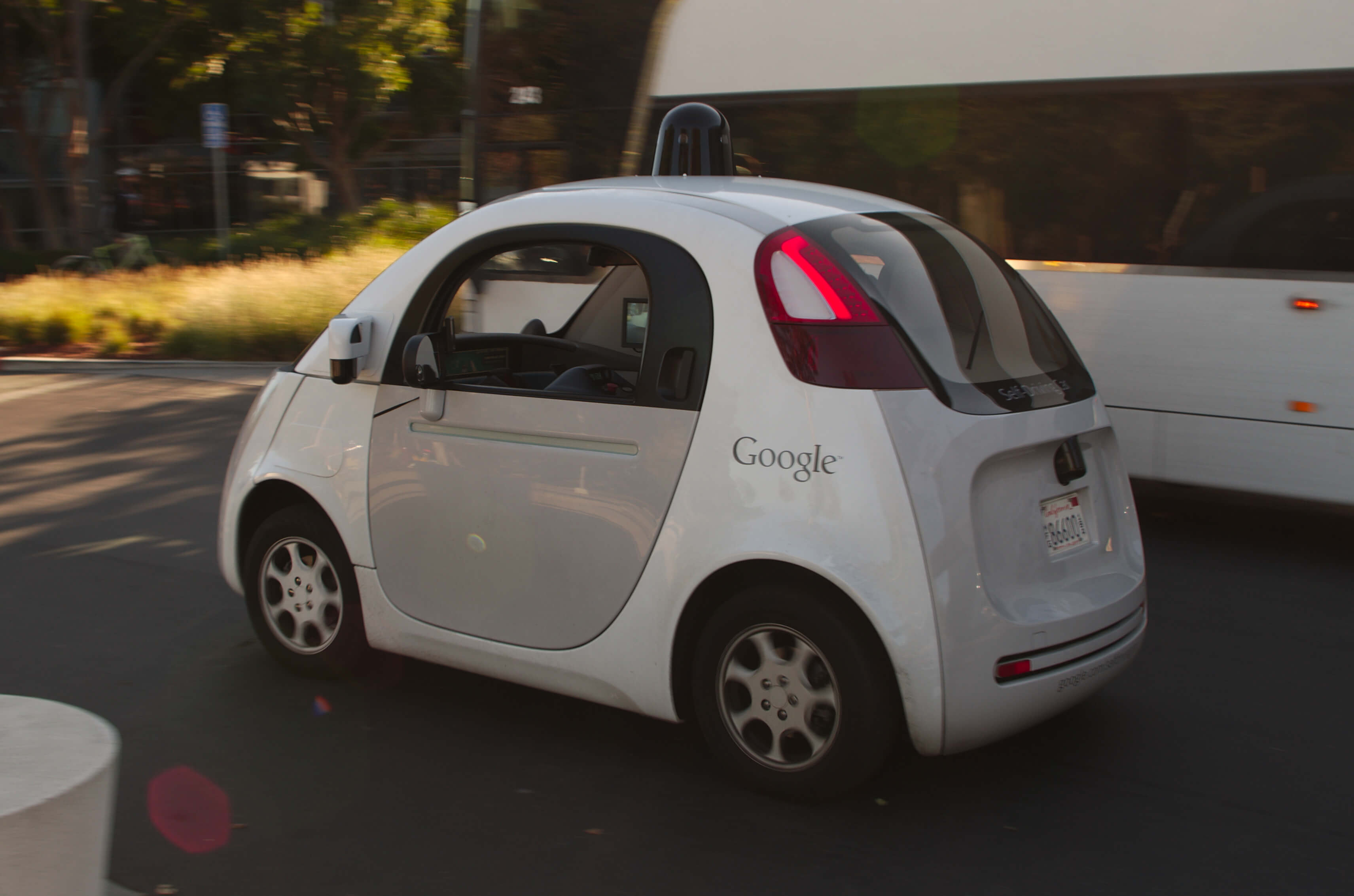During the desperate days of the energy crisis in the 1970s, it looked as though the shortage was permanent and we would have to change the way we lived, worked and played to accommodate it.
In the end, it was technology that solved the crisis.
For fossil fuels, 3D seismic, horizontal drilling and fracking were used. For electricity, it was wind and solar, and better technology for making electricity with gas — a swing from burning it under boilers to burning it in aero-derivative turbines, essentially airplane engines on the ground.
A new energy shortage — this time confined to electricity — is in the making. There are a lot of people who think that, magically, the big tech companies, headed by Alphabet’s Google, will jump in and use their tech muscle to solve the crisis.
The fact is that the tech giants, including Google, Amazon, Microsoft, Apple and Meta, are highly interested in electricity because they depend on supplies for their voracious data centers. According to many experts, the electricity demand will increase exponentially as AI takes hold.
The tech giants are aware of this and have been busy as collaborators and innovators in the electric space. They want to ensure an adequate electricity supply and insist it is green and carbon-free.
Google has been a player in the energy field with its Nest Renew service. This year, it stepped up its participation by merging with OhmConnect to form Renew Home. It is what its CEO, Ben Brown, and others call a virtual power plant (VPP). These are favored by environmentalists and utilities.
A VPP collects or saves energy from the system without requiring additional generation. It can be hooking up solar panels and domestic batteries or plugging in and reversing the flow from an electric vehicle at night.
For Renew Home, the emphasis is definitely the home, Brown said in an interview.
For cash or other incentives (like rebates), participants cut their home consumption, managed by a smart meter so that air conditioning can be put up a few notches, washing machines are turned off, and an EV can be reversed to feed the grid.
Brown said that at present, Renew Home controls about 3 gigawatts of residential energy use — a gigawatt is sometimes described as enough electricity to power San Francisco — and plans to expand that to 50 GW by 2030. All of it is already in the system and doesn’t require new lines, power plants or infrastructure.
“We are hooking up millions of customers,” he said, adding that Renew Home is cooperating with 100 utilities.
Fortunately, peak demand and the ability to save on home consumption coincide between 5 p.m. and 9 p.m.
There is no question that more electricity will be needed as the nation electrifies its transportation and its manufacturing — and especially as AI takes hold across the board.
Todd Snitchler, president of the Electric Power Supply Association, told the annual meeting of the U.S. Energy Association that a web search using ChatGPT uses nine times as much power as a routine Google search.
Google and the other four tech giants are in the electric supply space, but not in the way people expect. Renew Home is an example; although Google’s name isn’t directly connected, it is the driving force behind Renew Home.
Sidewalk Infrastructure Partners (SIP) has invested $100 million in Renew Home. Brown is a former Google executive, and Jonathan Winer is a co-CEO and cofounder of SIP.
As Jim Robb, the president of the North American Electric Reliability Corp., the congressionally mandated, not-for-profit supply watchdog, said recently on the TV show “White House Chronicle,” the expectation that Google will go out and build power plants is silly as they would face the same hurdles that electric utilities already face.
But Google is keenly interested in power supply, as are the other tech behemoths. The Economist reports they are talking to utilities and plant operators about partnering on new capacity.
Also, they are showing an interest in small modular reactors and are working with entrepreneurial power providers on building capacity, with the tech company taking the risk. Microsoft has signed a power-purchase agreement with Helion Energy, a fusion power developer.
Big tech is on the move in the electric space. It may even pull nuclear across the finish line.





